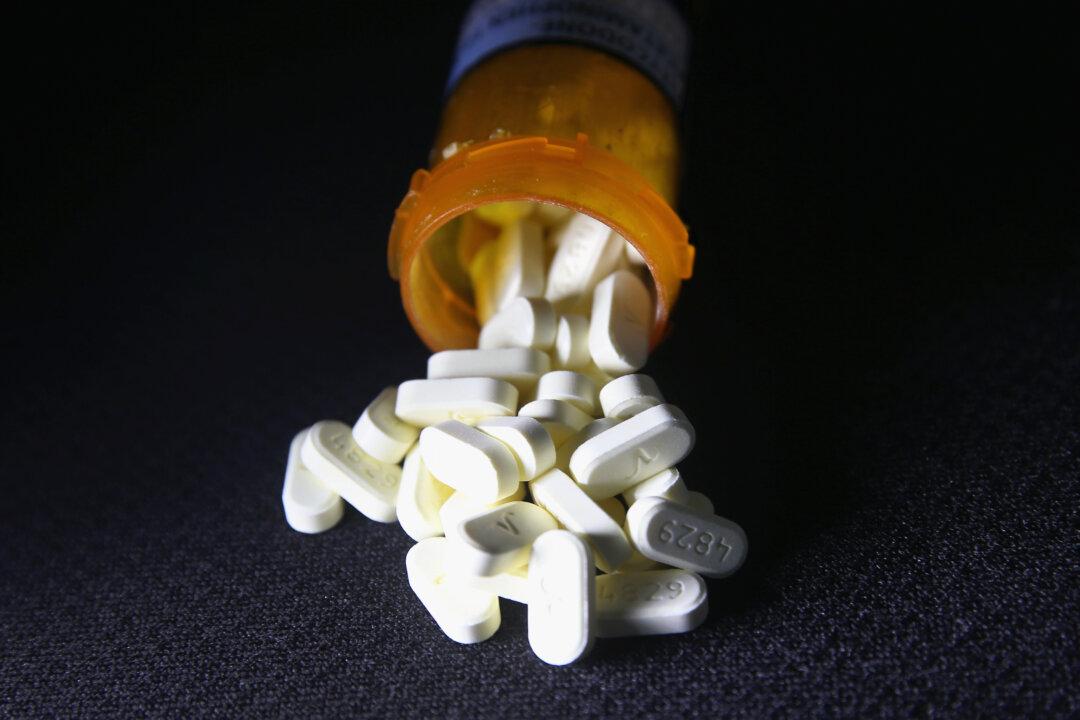As the opioid crisis reaches soaring new heights, Americans across the country came together to drop off a record number of unused pills.
The 15th annual event held by the Drug Enforcement Administration (DEA) collected and destroyed nearly 1 million pounds—almost 475 tons—of potentially dangerous expired, unused, and unwanted prescription drugs, the department announced Monday, May 4.





